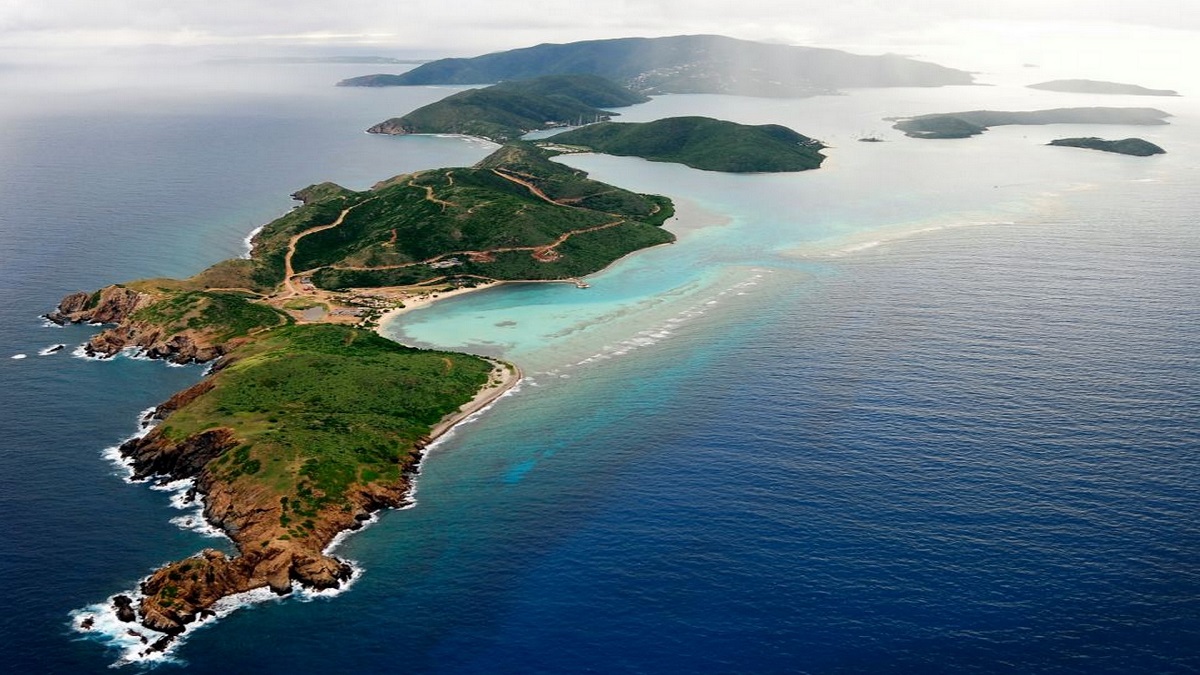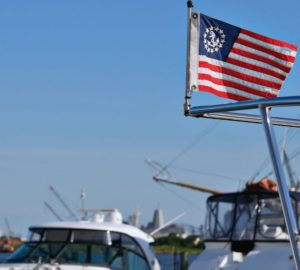One of the most lucrative offshore locations for yachting that has attracted many travellers is the British Virgin Islands (BVI).
You’re in the proper place if you’re about to buy a yacht and interested in finding the best flag registration for her. It is important to understand the basics related to BVI yacht registration.
Here is an overview of the advantages and disadvantages of BVI yacht registration to help you efficiently decide whether or not to go for BVI yacht registration.
Why is choosing the right flag for your yacht important?
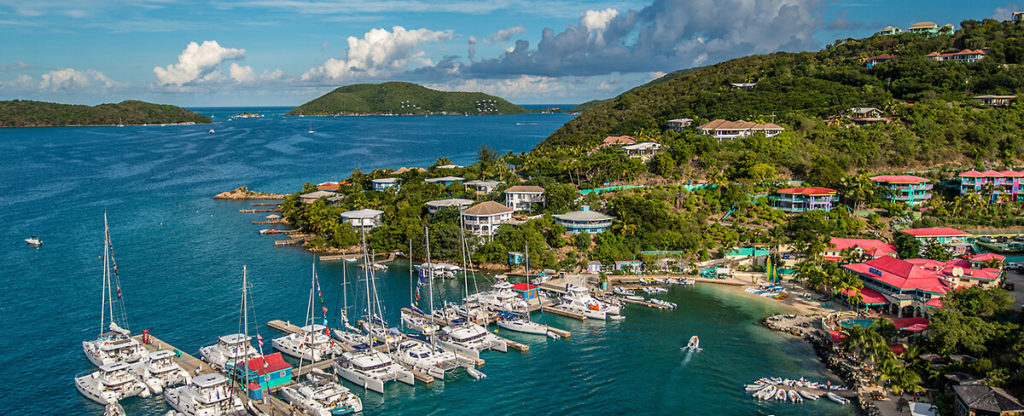
The flag of the yacht specifies the person in charge of regulating and inspecting the vessel. The flag country also establishes whose laws and jurisdiction the vessel is operating under.
One of the most crucial choices you will make as a yacht owner is the country in which your vessel is registered or flag state. Your choice of the flag could have an impact on the taxes you pay for owning and operating your boat, how your vessel is manned, where it can sail, and how frequently inspectors will board your yacht.
There are complex and burdensome maritime rules and codes in several European countries as well as in the US. If you decide to offer your yacht for charter, this could complicate things even further because chartering implies the yacht is subject to commercial vessel regulations. Many ports have distinct criteria for private and commercial vessels.
There are tempting and relatively simple options for setting up offshore company structures to hold boat assets in well-known international flag states, including the British Virgin Islands, the Cayman Islands, Malta, the Isle of Man, and Jersey. These options can often simplify the process of owning and maintaining a large boat by providing favourable tax regimes and liability safeguards all within a well-regulated environment.
The right flag gives peace of mind.
The “White List” should be the reasonable starting point for selecting a flag. It is supported by the Paris Memorandum of Understanding on Port State Control, which has 27 member maritime administrations, and it includes both the North American Basin and the European coastal nations. The countries with flags on the Paris White List have shown a commitment to upholding all international standards for environmental protection, safety, and security, and they continue to do so. They also make an effort to guarantee that the crews of these ships have suitable living and working conditions. When entering a foreign port, flags on the White List are thus subject to less scrutiny and fewer boardings.
Why do people register their yachts in the British Virgin Islands?
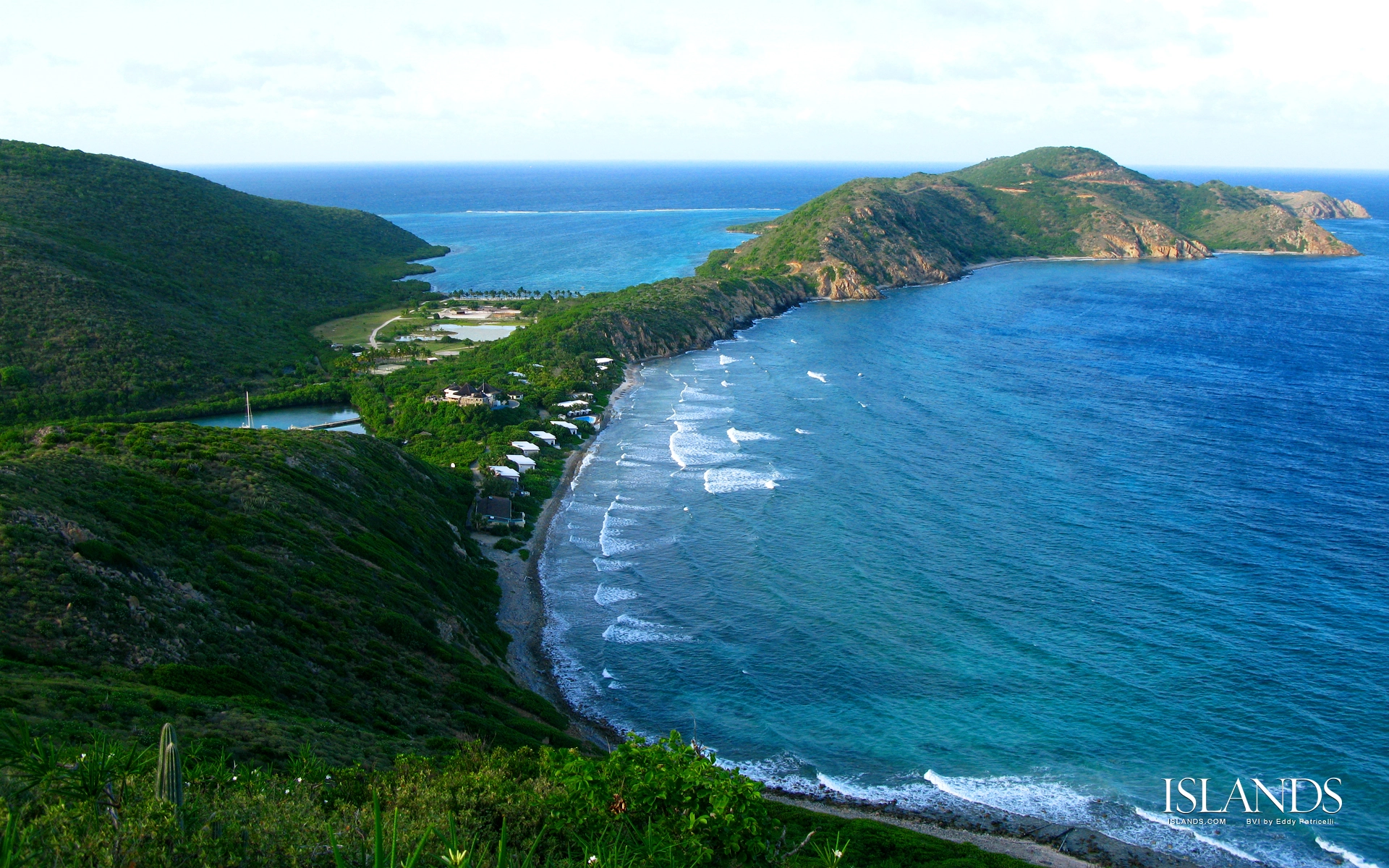
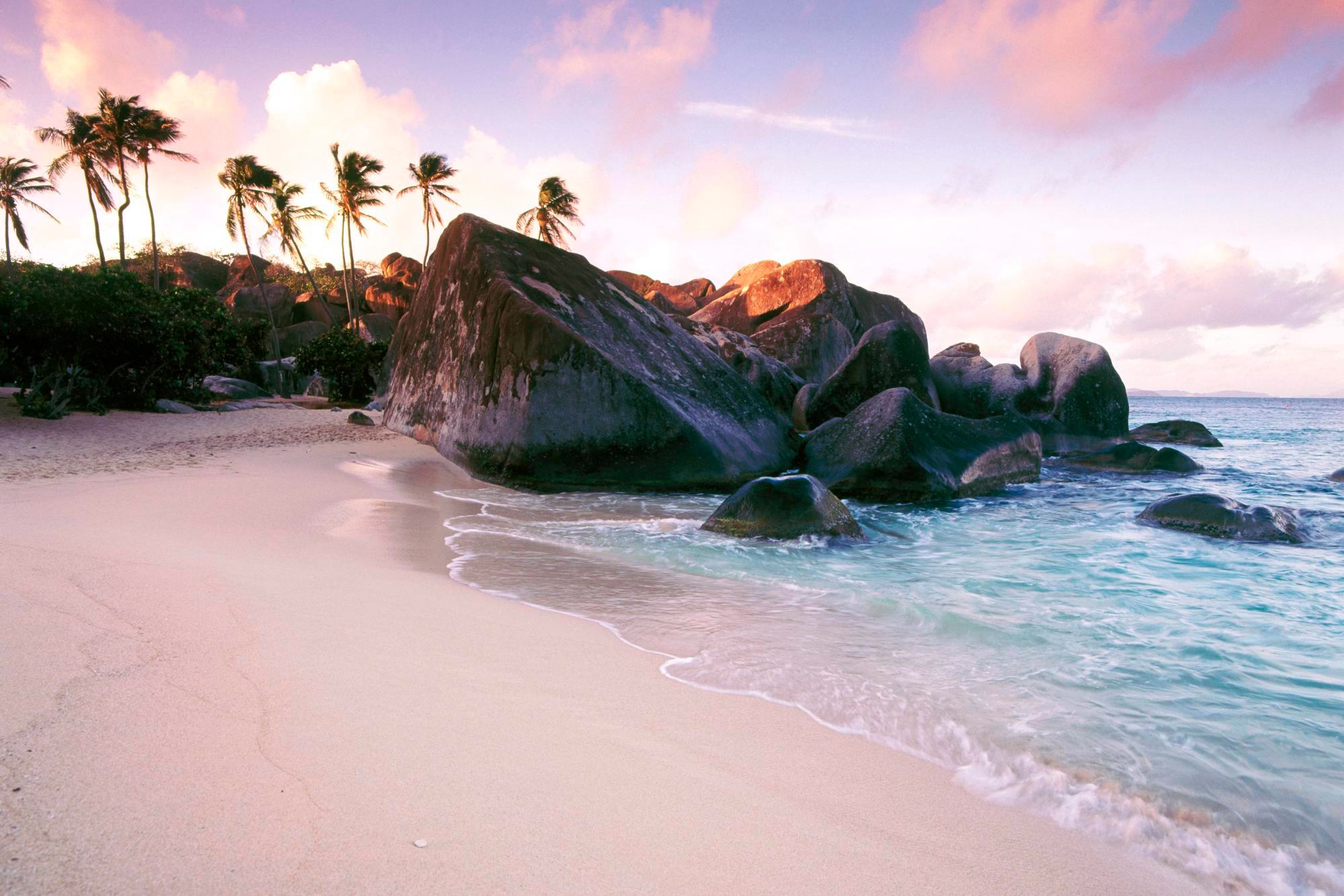
The primary purposes of registering a yacht are to establish nationality, ensure ownership of a mobile asset, and, if necessary, permit the use of the ship as collateral for a maritime mortgage. Yachts traveling internationally must provide proof of nationality. If a marine mortgage is being given over the ship, registration is also necessary.
The British Virgin Islands (BVI) has an advanced yacht registry system. It allows the vessel registration processes to be quick, secure, and with international acceptance. Mortgages can be registered and discharged, as well as ownership changes, transfers, and other comparable services, through the registrar.
The BVI Shipping Registry started providing Category 1 registrations with the private yacht registry in 2007. This includes massive cargo ships with an infinite tonnage and mega yachts with a gross tonnage under 3000. These registrations are open to all sizes and types of ships.
Yachts commercially chartered and operating in the Caribbean, Mediterranean, Europe, Atlantic, or Pacific oceans are also eligible for BVI registration. Please be aware that even though the BVI Register is technically separate from the UK Register, the BVI red ensign is a member of the Red Ensign Group.
The BVI is a true sailing paradise.
The British Virgin Islands is unquestionably the best location for sailing and yachting. Further, the BVI offers all you could want when on a sailing vacation. Additionally, the island provides unlimited freedom for sailing and undiscovered attractions.
The BVI is a member of the Red Ensign Group, so the British Royal Navy protects BVI yachts.
Royal Navy security and British diplomatic/consular support are available to yachts and ships flying the Red Ensign. This is true for even those with BVI registration. Additionally, BVI has access to the UK Maritime and Coastguard Agency’s broad spectrum of technical skills.
The “Red Ensign” or British Commonwealth flags are among the most widely popular flags for BVI yacht registration. These countries include Bermuda, Gibraltar, Jersey, Guernsey, the Cayman Islands, Turks & Caicos, the Isle of Man, and the British Virgin Islands. Due to their low tax rates, simple administration, favorable local corporate tax legislation, and adherence to the Paris Memorandum of Understanding on Port State Control, these countries are popular. They also permit the boat to function in accordance with the Temporary Import Regime.
A yacht can be registered through a BVI company for more confidentiality.
Undoubtedly, A BVI company is a very logical option if you desire to own your yacht in a confidential mode. If you do, there are many companies offering to register an offshore business and transfer ownership of the yacht to it.
A yacht registered in the BVI can be owned tax-free for some yacht owners
The BVI is a tax-neutral territory. Additionally, it has specialists in shipping finance and is a significant financial hub.
Read also: CAN OWNING A YACHT TO CHARTER (REALLY) BE PROFITABLE?
Who can register a yacht in the BVI?
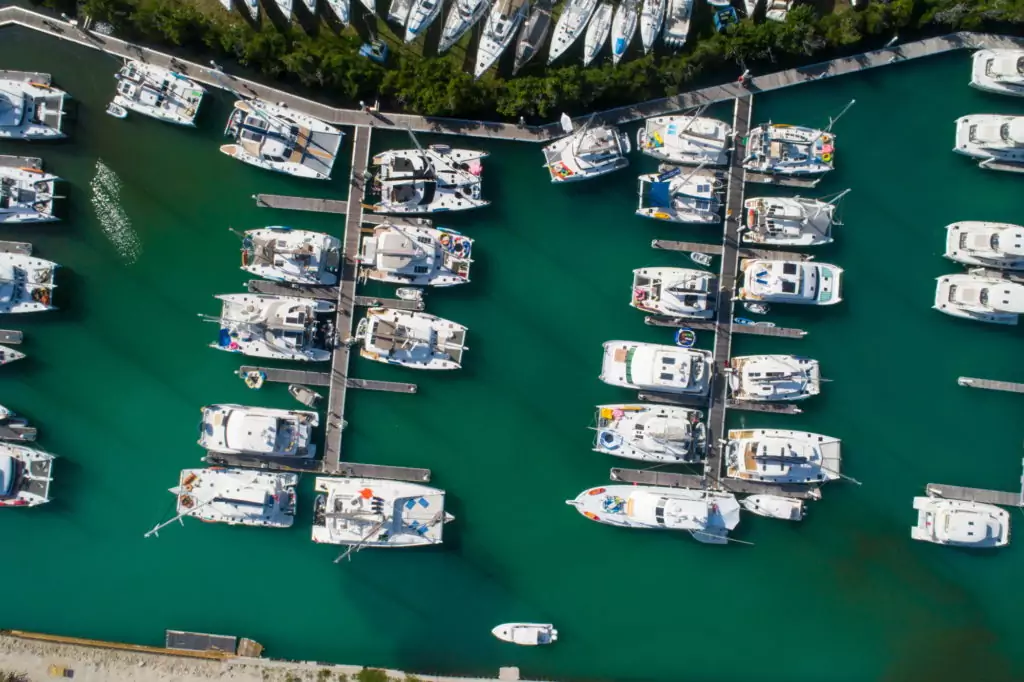
Individuals and companies registered under the following categories are eligible for BVI vessel registrations:
- The United Kingdom
- Overseas territories and crown dependencies of the UK
- A member of the European Economic Area (EEA) or European Union (EU)
- Citizens and companies registered in the BVI
- The Caribbean Community
- The Organization of Eastern Caribbean States.
You also need to remember which kinds of vessels and yachts can be registered in the BVI. Notably, the following vessels are eligible for BVY registration:
- Yachts weighing up to 3000 gross tons.
- Vessels previously having category-2 registration.
- Unlimited-tonnage cargo vessels
- Recreational sailboats and yachts are up to 400 gross, equivalent to at most 45 meters in length.
- Commercial and cargo vessels up to 150 gross which is equal to a length of 24 meters.
How much does it cost to register a yacht in the BVI?
The primary expense for all non-BVI registrants is the vehicle needed to transport the license. There are other costs associated with communication (often DHL) that do add up. The fees for the registration itself are as follows. Notably, the vehicle needed for registration is not included in these fees.
| Merchant Ships | Registration Fees | Annual Fees |
| Less than 500 GT | $750 | $750 |
| 500GT – 1,999GT | $750 + $.50 per each additional GT | $1,250 |
| 2,000GT-9,999GT | $1500 + $.18 per each additional GT | $2,500 |
| 10,000GT-49,999GT | $2940 + $.16 per each additional GT | $7,500 |
| 50,000GT and above | $10,000 | $10,000 |
| Pleasure Vessels | Registration Fees | Annual Fees |
| Less than 24m | $600 | $100 |
| 24m and above | $750 | $300 |
What are the cons of registering a yacht in the BVI?
Certainly, there are many pros to registering a yacht in the British Virgin Islands. However, it is equally important to pay attention to the negatives as well. Furthermore, understanding the pros and cons of BVI yacht registration provides a complete picture. Consequently, this will enable better decision-making.
Registering a yacht in the BVI can be long.
The entire timeline for registering a yacht in the BVI can be too long, depending upon the specific conditions applicable to the yacht. Specifically, The registration procedure typically takes between two and six months. Consequently, it is longer than some of the other regions.
Registering a yacht through a company will require some yearly paperwork
Certainly, if you are registering your yacht through a company, then it will require some sort of annual documentation and renewal.
According to whether you registered as an individual, a UK Ltd, or a BVI corporation, the following renewal fees apply:
- Renewing boats up to 24 meters: 200 USD in service fees, 250 USD in representation fees, and 100 USD for state renewal fees equal 550 USD.
- Boat renewal costs above 24 meters are as follows: 300 USD state renewal charge, 250 USD representation fee, and 200 USD service fee. Thus the total amount comes to 750 USD.
A BVI yacht registration isn’t always the most cost-effective
Registering a boat in the British Virgin Islands is not always economical. It’s because a BVI company must own more than half of the boat’s shares in order for a vessel to be eligible for registration there.
Who has the most interest in registering a yacht in the British Virgin Islands?
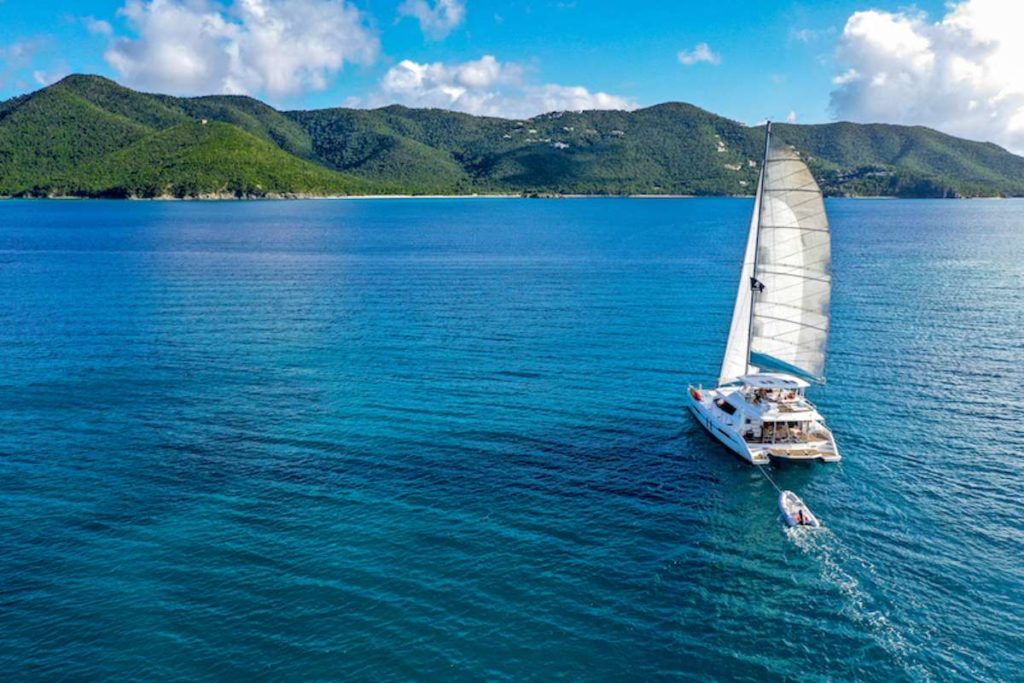
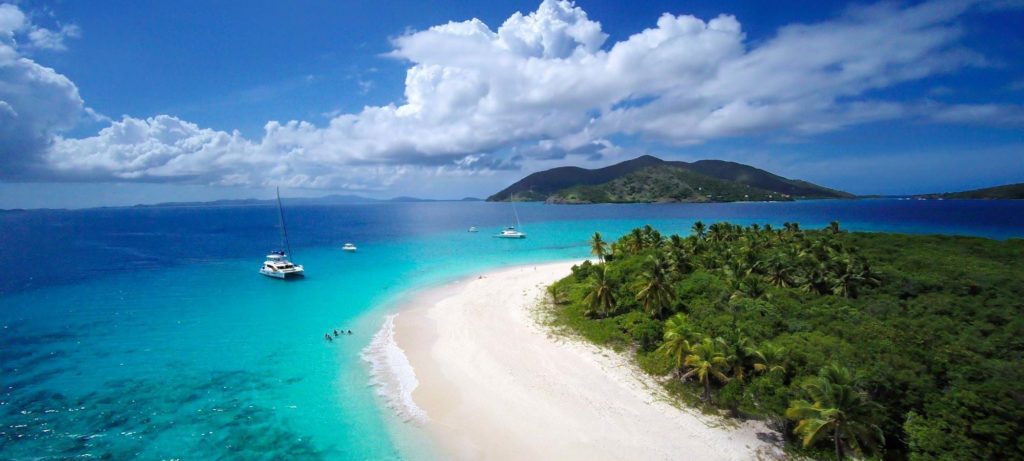
BVI yacht registration is a great idea if you want to sail in the Caribbean
People who love to go on frequent yachting and sailing expeditions to Caribbean destinations will benefit the most from a BVI yacht registration. Furthermore, suppose you intend to sail in Caribbean waters. In that case, one of the best facets of BVI yacht registration is the availability of amenities like convenient moorings, lodging, supplies, and dockside facilities.
The BVI is a good option if you want confidentiality and asset protection.
Sitting in the middle of the Caribbean, the British Virgin Islands draw innumerable tourists with their pristine white sand beaches and balmy weather. However, unlike other yachting destinations, they also provide more than just beauty for people who wish to safeguard their assets and finances.
BVI is a self-governing British overseas territory comprising more than 20 uninhabited islands and 16 inhabited ones. The territory has a stable parliamentary democracy. Furthermore, its connection to the UK guarantees protection and stability. Indeed, both are crucial for anyone considering the territory’s numerous financial advantages.
Many firms take full use of its offshore registration program since the island conveniently accepts the US dollar as payment and because secrecy for registered business ownership was incorporated into law in 1994. The British Virgin Islands are one of the most well-liked tax havens in the world, with more than 500,000 corporations already registered as offshore entities.
Conclusion
If you choose the nation you will be registering the yacht in carefully, buying a yacht does not need to be expensive or time-consuming. You may do it tax-free, have the flexibility to sail to any port in the globe and take advantage of cheap management fees by registering in the BVI. It is among the better solutions available and unquestionably something to consider.
Read also: BEST 8 AND 10 DAYS BRITISH VIRGIN ISLANDS CHARTER ITINERARIES – OUR RECOMMENDATIONS

